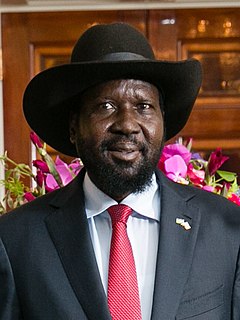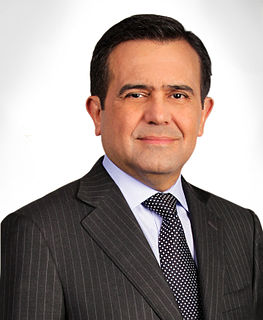A Quote by Narendra Modi
I dream of making India a $20 trillion economy. For that, I am pushing for agriculture, manufacturing and service sectors.
Related Quotes
And people really behaved in a fraudulent way or something, we'll go back and find the culprits later on. But that really isn't the problem we have. I mean that's where it came from, though. We leveraged up and if you have a 20 percent fall in value of a $20 trillion asset, that's $4 trillion. And when $4 trillion lands - losses land in the wrong part of this economy, it can gum up the whole place.
The very notion that millions of workers displaced by the re-engineering and automation of the agricultural, manufacturing, and service sectors can be retrained to be scientists, engineers, technicians, executives, consultants, teachers, lawyers and the like, and then somehow find the appropriate number of job openings in the very narrow high-tech sector, seems at best a pipe dream, and at worst a delusion.
Today, you have 20 percent of the world controlling 80 percent of the Gross Domestic Product; you've got a $30 trillion (US) world economy, and $24 trillion of it is in the developed countries... These inequities can't exist. So if you are talking about systemic breakdown, I think you have to look in terms of social breakdown.
































